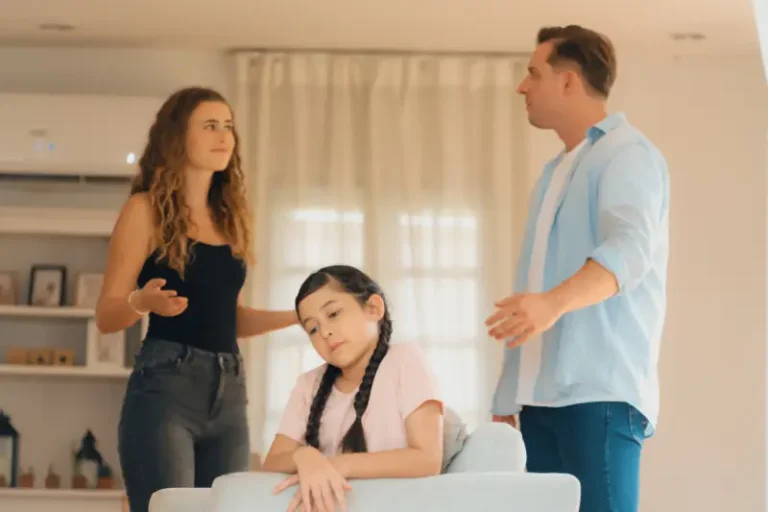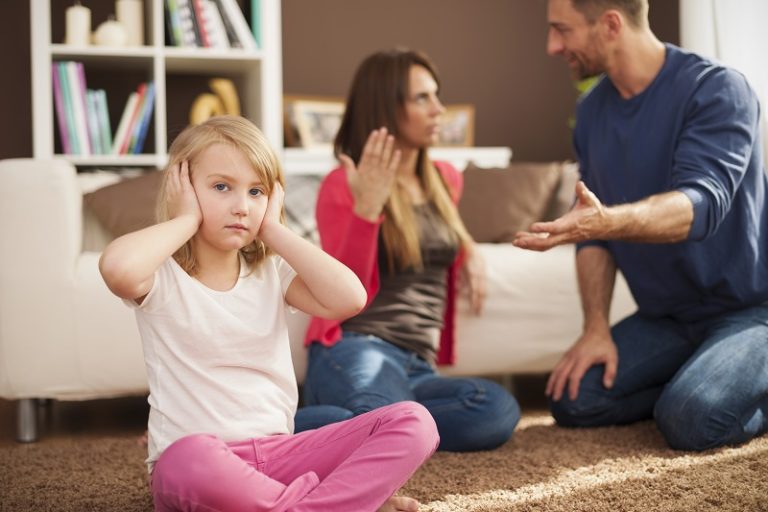
Signs of neglectful parenting and how to address it
Neglectful parenting is a parenting style where parents are uninvolved towards their child’s needs and desires and do not strive for an emotional connection with them. It is an issue that affects millions of children worldwide, and its consequences can get carried forward into their teenage, adulthood, and even their entire lives. Neglectful parenting can have detrimental and long-lasting consequences on a person’s physical, emotional, and psychological well-being, and it’s an issue that needs attention. Neglectful parenting affects not only children and their relationship with themselves but also others. But how do we address the signs of neglectful parenting? In this guide, we will inform you about some signs of neglectful parenting, how to recognize and address them, and how they can affect a person and his relationships.
Let’s understand neglectful parenting in detail.
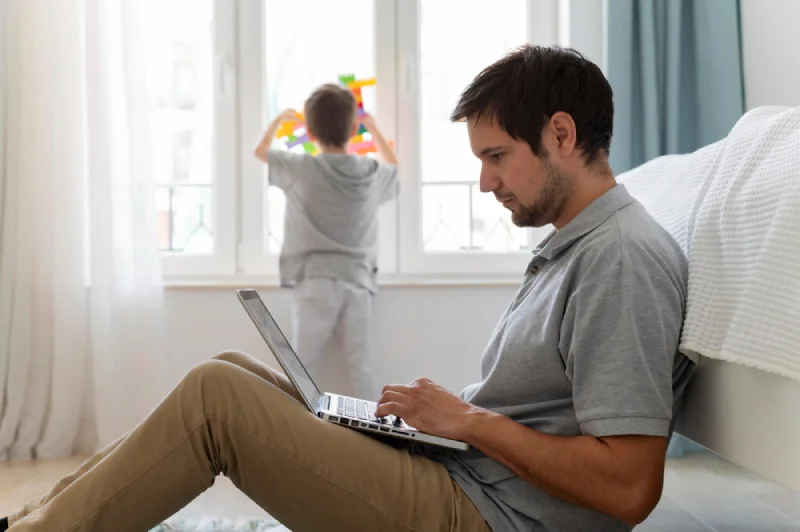
How we are treated as kids says much about what we become when we grow up. Everything is affected when we grow up without an emotional involvement with our parents, from our coping mechanisms to our emotional relationships with others. Call it generational trauma or a lack of attention towards your own child; you are not only wounding them by not being attentive towards them but also giving them scars that will disturb them long term. Parents like these have a parenting style that they think is alright but is not; loving your children and making them feel loved are two completely different things most parents do not understand. Some of them fail to build an emotional connection with them, they fail to pay attention to what their child actually wants and what really makes them happy, and it becomes a toxic pattern for the child that the parents don’t realize.
What happens when a child doesn’t feel loved by their own parents? It doesn’t only affect their personal lives but also their overall way of handling life, which is why it is so important to be able to identify if someone is showing signs of neglectful parenting and help them or even yourselves if you are going through the same.
Signs of neglectful parenting
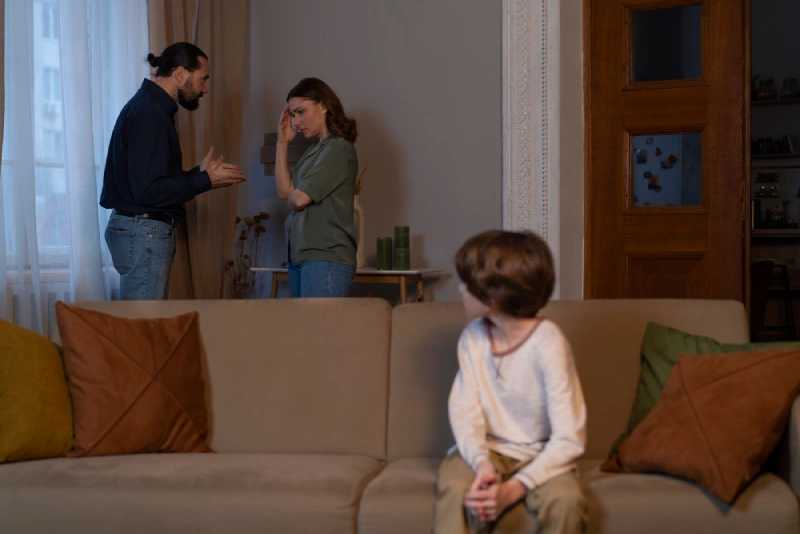
Identifying signs of neglectful parenting is crucial, as it can help in providing the necessary support and intervention for children at risk.
Poor hygiene- The child is consistently dirty or dressed poorly. You may see children wearing unwashed clothes or without proper grooming, which is definitely not the child’s fault.
Emotional unavailability: be it a child, a teenager, or even someone older, if a person is a victim of neglectful parenting, they might show little to no physical affection. They may even show emotional distress, such as anxiety, depression, or aggression.
Poor academic performance: neglect can affect a child’s academic performance, leading to poor grades and a lack of interest in learning.
Withdrawal: victims may withdraw from social interactions and relationships and may even prefer being alone or isolated. They create walls and pull away from intimacy as a result of not receiving it from their parents.
Cold behavior: Some victims also become cold over time as a result of uninvolved parenting. They create a cold exterior to protect themselves, and because of that, they are often misunderstood as mean people, but in reality, they might just be using it as their coping mechanism.
Signs of neglectful parents

Emotionally unavailable: Neglectful parents are often emotionally unavailable for their children. They fail to connect with their kids and understand their emotions, a crucial aspect of parenting that requires compassion and empathy.Ignorant: Neglectful parents are often ignorant of their children’s wants and needs. They are too involved in themselves rather than their children, and they show little to no involvement in their children’s personal lives.
Generational trauma: some parents who have faced neglectful parenting themselves sometimes grow up to be like their own parents and fail to break the generational trauma, and so, the trauma passes on from the last generation to the next- their kids.
Toxic parents: parents who use abusive substances like alcohol or tobacco, abuse in front of their kids, and are constantly fighting with each other have an unhealthy effect on the kids that they don’t realize then, but their kids face the consequences later.
Selfishness: Believe it or not, some parents are too full of themselves to pay attention to their kids. They are always working and not spending more time with children, avoiding their needs and only focusing on theirs, and as a result, the children do not receive the affection that they should.
Verbal or physical abuse: some parents let their anger issues get the best of them, and their children pay for it. Parents might use abusive language towards their children or constantly insult them, never showing any encouragement towards their academic or personal interests. Some parents even hit their kids when they make minor mistakes. (children are supposed to make mistakes)
Comparison: Some parents always compare their kids with others, forcing their children to be someone they are not. Eventually, they do become someone that they are not, losing their real selves in the process.
Challenges that individuals face because of neglectful parenting
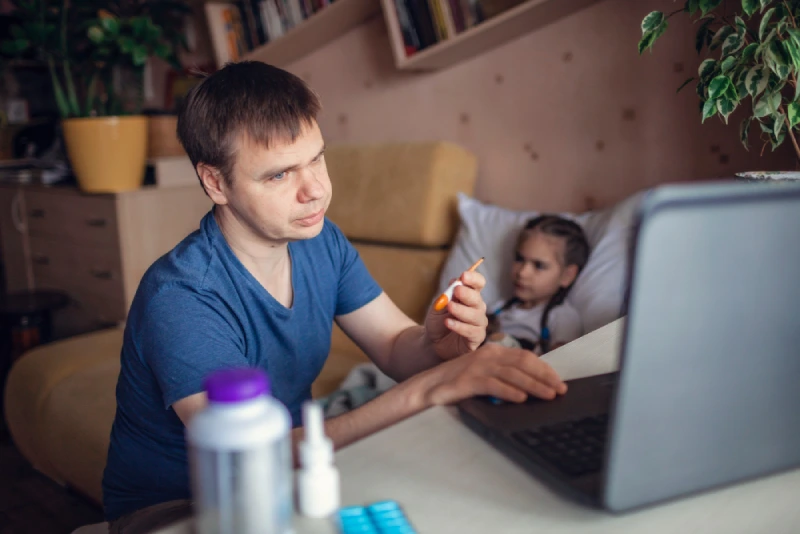
Be it a child, a teenager, or an adult, neglectful parenting has consequences that can carry forward your entire life if not addressed. Some challenges that individuals face because of uninvolved parenting include:
Fear of intimacy: neglected victims often fear building emotional relationships with others. They shut people out and push them away, fearing not receiving what they give. When your own parents fail to make you feel loved, you fear everybody else out there will do the same, so you don’t try in the first place. Such individuals create walls around them and hide their vulnerability, which harms them in the long term as they fail to make real connections because their parents failed to do the same with them, and a toxic cycle is created that is necessary to be broken so that it doesn’t get passed on, again.
Failed relationships: victims of neglectful parenting in relationships often fail to communicate correctly because that is something they did not experience before. For them, unhealthy becomes normal, and so they struggle to get out of the pattern that they have been living in for a long time, which starts affecting their relationships. Most people’s trauma gets triggered in relationships as it is the most intimate bond you share with someone, and intimacy doesn’t come without trigger warnings, so it is only normal for your issues to be triggered when you are in a relationship but a person who has been neglected before, struggles even more as their trauma of being neglected in childhood keeps triggering them.
Self-doubt: children or even adults who have faced neglect from their parents often start blaming themselves for their parent’s behavior. They start feeling like they are the problem and the fault lies in them. Such things can break a person from the inside, which also results in failed relationships. They always keep feeling like they are not good enough and pull away from intimacy. They build up a mindset of “leave before they leave you,” which is not right.
Aggression: people who have been neglected sometimes adapt to some destructive anger issues as all the emotions they bottled up inside eventually turn into rage. They snap out at people for silly things, become impatient, and get abusive towards others. Some children also turn into bullies as they grow up, especially if they’ve been bullied at home.
How to address the signs of neglectful parenting
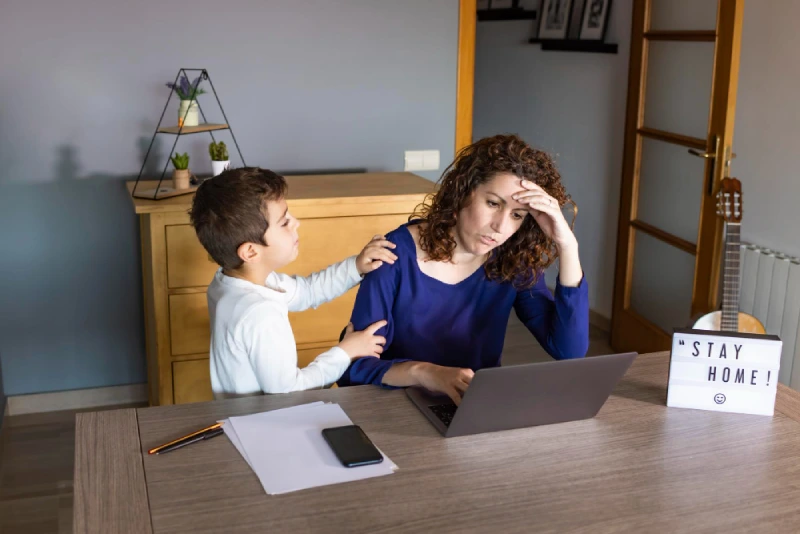
People who have been neglected by their own parents often struggle a lot, right since childhood. If their issues are not addressed, they might face its consequences forever. This is why it is highly essential to address the signs of neglectful parenting.
Seek professional help: Consult with a pediatrician, therapist, or counselor to assess the situation and provide guidance.
Report suspected neglect: if you see a child showing signs of neglectful parenting, contact local protective services or law enforcement.
Support: If you see a friend, a colleague, or even a stranger showing such signs, offer emotional support and parenting guidance or try connecting them with local resources. Being kind comes for free, and it might save someone else from paying the cost of their parents’ fault.
Check up regularly: Keep checking up on your closed ones or whoever you think is experiencing the problem. Address their concerns and ensure they are showing some progress.
Prevention strategies

Community support: develop community-based programs offering emotional support, practical assistance, and connection to local services.
Parent education: provide accessible parenting classes, workshops, and online resources.
Intervention: identify and address risk factors for neglectful parenting, such as substance abuse or mental health issues.
Promote a healthy environment: encourage positive parent-child relationships through education, support, and counseling.
Conclusion
Neglectful parenting can have long-lasting effects on the children, and as a result, they struggle in both their professional and personal lives. This is why such signs should not go unnoticed and need to be addressed to help them break free from the trauma cycle that their parents couldn’t break free from. It is not necessary that parents intentionally be uninvolved with their kids, but that is not an excuse to fail at parenting because it might make your child fail at being happy, too. Generational trauma ends with you.



